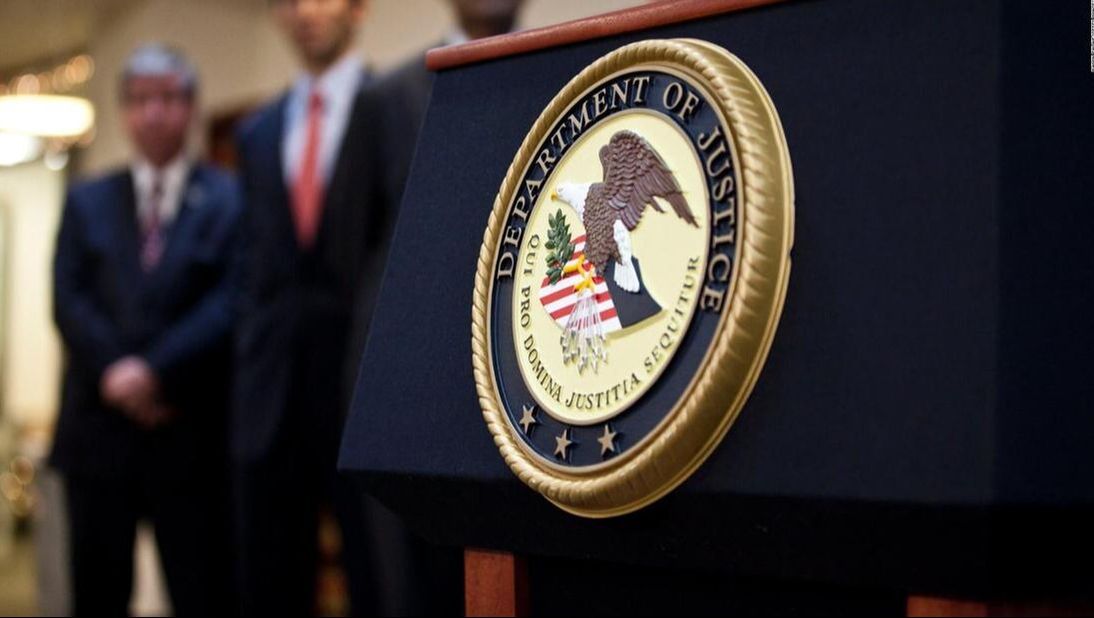|
A federal judge ordered the Privacy and Civil Liberties Oversight Board (PCLOB) to produce records from a Freedom of Information Request filed in September by the Project for Privacy and Surveillance Accountability.
When that FOIA substantively went long ignored, PPSA filed a lawsuit on June 9 to force a response. The FOIA and the lawsuit are meant to shed light on the use of a non-statutory authority, Executive Order 12333, that defenders of the surveillance status quo claim gives them almost unlimited authority to conduct warrantless surveillance. Patrick Eddington of the CATO Institute had filed an earlier FOIA request asking for records from PCLOB concerning reports and correspondence with agencies about EO 12333. When the agency proved unresponsive, PPSA filed a FOIA of our own asking PCLOB to produce records mentioning the Eddington request or any denial or other responses to it. PPSA also doubled down on requests for information about 12333, as well as records on responses or denials of other requests concerning that executive order. The order last week by the Federal District Court of the District of Columbia now requires PCLOB by Aug. 16 to produce the records or explain why such records cannot be produced. Why is all this legal maneuvering about an executive order so important? In 2020, Sen. Richard Burr, former chair of the Senate Select Committee on Intelligence, alarmed civil libertarians everywhere when he took to the Senate floor to declare that under 12333 authority, the executive branch can do whatever it wants, without “guardrails” or statutory authority for mass surveillance. PPSA joins other civil liberties group in trying to take the measure of the scope and scale to which a non-statutory executive order is being invoked to conduct possible warrantless surveillance of Americans. Comments are closed.
|
Categories
All
|


 RSS Feed
RSS Feed